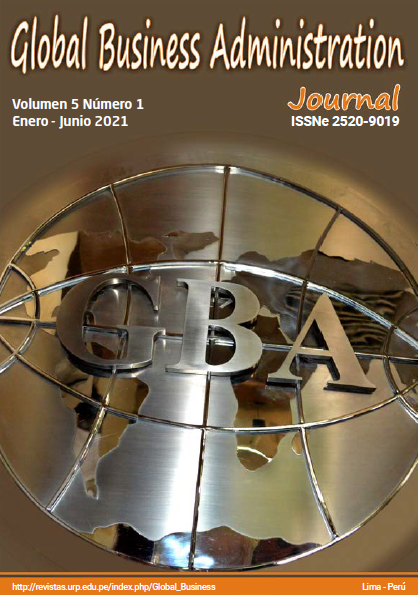A survival analysis of small agro-exporters in the non-traditional sector in Peru
DOI:
https://doi.org/10.31381/gbaj.v5i1.4322Keywords:
agriculture, foreign trade, SMEs, internationalizationAbstract
Small businesses in Latin America often find it difficult to develop themselves in their own markets. In many cases, internationalization seems to be the way to continue its growth, but the process to achieve it is usually very complicated. This document seeks to analyze some of the variables that determine whether a small company in the non-traditional agricultural sector in Peru continues to export over time. The hypothesis to be verified is that small companies, which are the majority, have difficulties inherent in the market throughout their existence and, eventually, are the ones that lead the entrepreneur to choose to quit the business. The methodology used is based on the approach of a logit binary choice model, which will determine the probability that a company will be successful in the export market, given the explanatory variables that are analyzed in this article, such as access to the credit, product diversification, or the experience of entrepreneurs.








